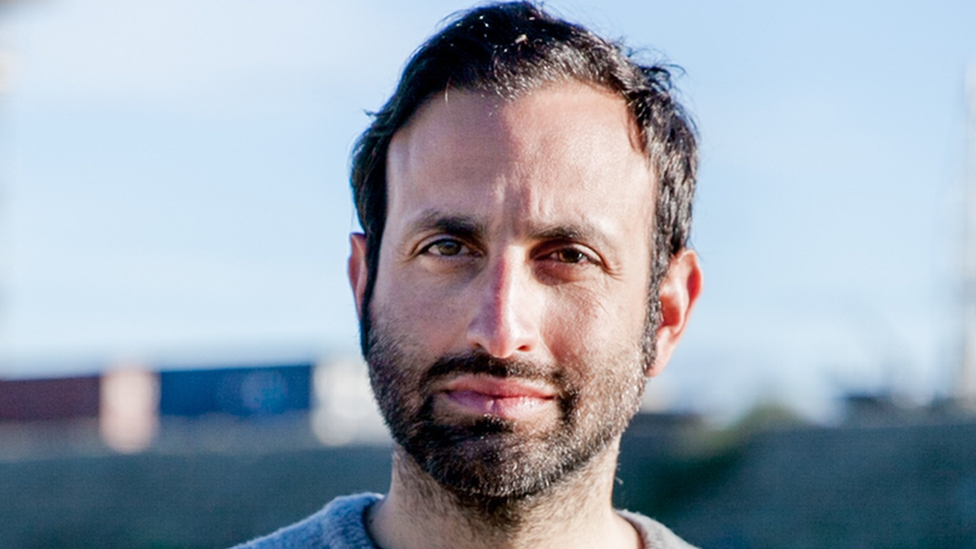'I gave up milk for my health'
- Published
Bekki Ramsay is now drinking nut-based alternatives to milk
Bekki Ramsay ditched milk last year for health reasons.
But the 23-year-old from Newcastle also had concerns about the environmental impact of the dairy industry.
She is one of a growing number of young people embracing dairy alternatives.
A survey conducted by ComRes on behalf of the BBC found more than a quarter of 18 to 24-year-olds have either reduced their dairy consumption or completely cut it out in the past two years.
The poll of 2,000 people found little change in attitudes across the population as a whole. About 5% are consuming more, 10% are having less, and just 2% have gone vegan. Women are more likely to have a negative attitude to dairy and 18 to 24-year-olds are cutting back more than other age groups.
Environmental impact
"I feel like my generation is a lot more open to trying," said Bekki. "I know that buying alternative milk is better for the world, but it's more a health choice for me. It's kind of impossible to escape from what's going on in this world and how what we do every day has an impact on the environment.
"A lot of people, even my friends, are more interested in knowing the environmental impact than health concerns, or what tastes better with a latte."
Bekki's parents are sticking with milk, and this demographic split tallies with research into alternatives. Market research firm Mintel found a quarter of consumers aged 25-34 drank plant-based milk in the three months to February 2018, compared with a 10th of the wider population.
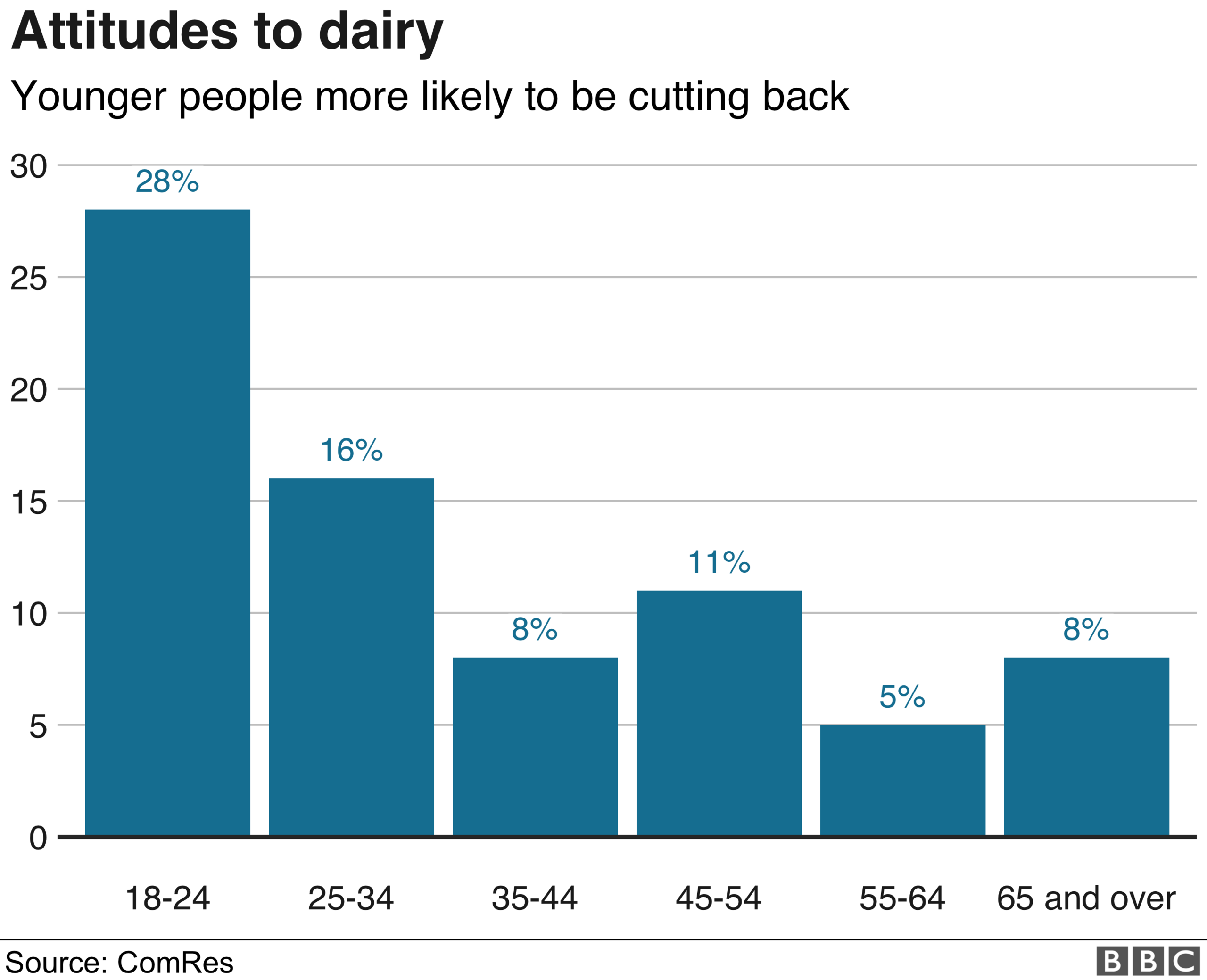
Emma Clifford, associate director for food and drink at Mintel, said sales have benefited from consumers reducing dairy consumption, rather than giving it up altogether.
She said: "Heightened awareness of the detrimental impact that dairy production has on the environment, alongside concerns over animal ethics, has given rise to a new trend called 'reducetarian'.
"This sees adopters significantly reduce their consumption of animal products and is a key driver behind the strong performance of the dairy-free and dairy alternatives segments."
Respondents to the ComRes survey cited health as the main reason for cutting down or rejecting dairy, but many also had environmental and ethical concerns. Less than half said they'd made the switch to non-dairy alternatives because they preferred the taste.
'Misinformation'
Milk alternatives have also come under fire for their environmental impact. The Sustainable Restaurant Association has drawn attention to the large amount of water required to make almond milk.
Industry body Dairy UK said younger people can be "susceptible to misinformation" about dairy products and it is planning a campaign on the health benefits.
Chief executive Dr Judith Bryans said: "These results show that despite much of the noise we hear from anti-dairy detractors, the British public continue to love dairy products.
"We know that dairy is perceived differently by different generations, which is demonstrated by these results. Sadly there is a lack of understanding of the nutritional benefits of dairy amongst some younger consumers."
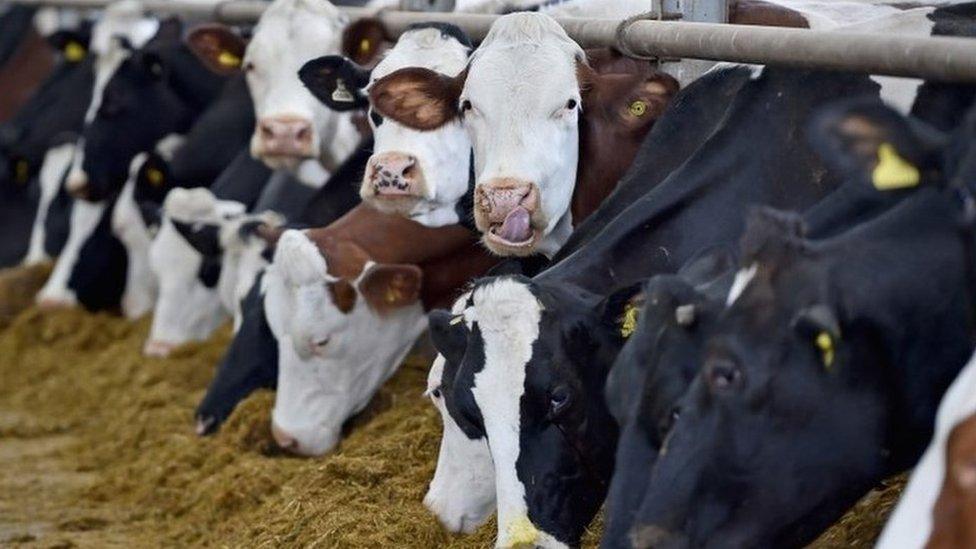
The Agriculture and Horticulture Development Board (AHDB), which works with farmers to promote the industry, estimates milk sales have slipped very slightly, by about three litres per person a year. Last year, it targeted young people with a social media campaign and says this led to a fall in the number of people considering a switch to alternatives.
The National Farmers Union said its members have been working to reduce their environmental footprint over the past decade. It said greenhouse gas emissions from dairy farms have declined sharply in the past 20 years and just under a half produce or use renewable energy.
Responding to animal welfare concerns, a spokesman said: "Whatever scale or system on the farm, the health and welfare of the herd is always of paramount importance. Good stockmanship, management practices and animal husbandry are all taken into account."
The survey was conducted by ComRes on behalf of the BBC and AgriBriefing with a sample size of 2,012 across Great Britain.
- Published24 January 2019

- Published22 January 2019

- Published18 January 2019
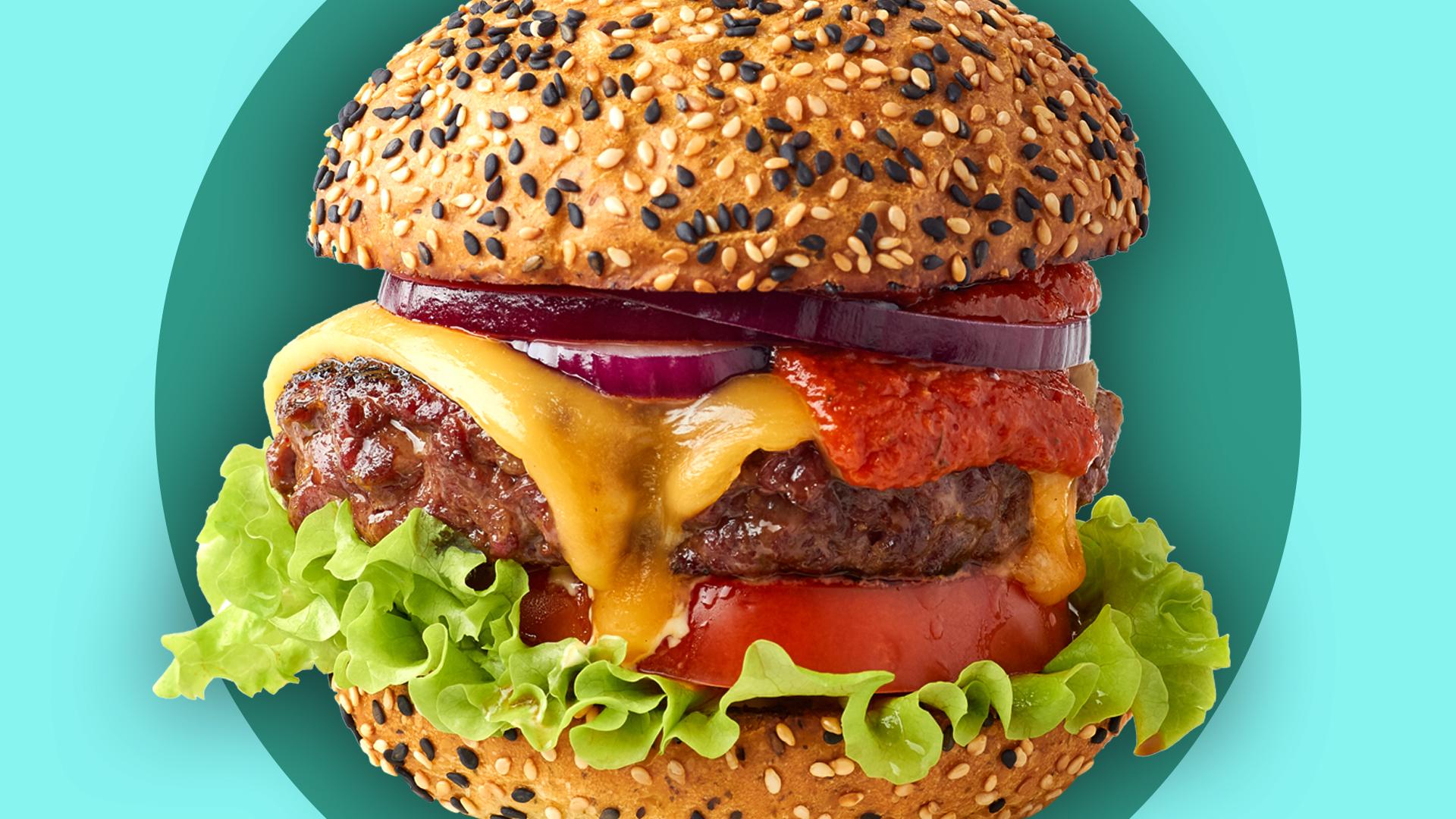
- Published5 January 2019
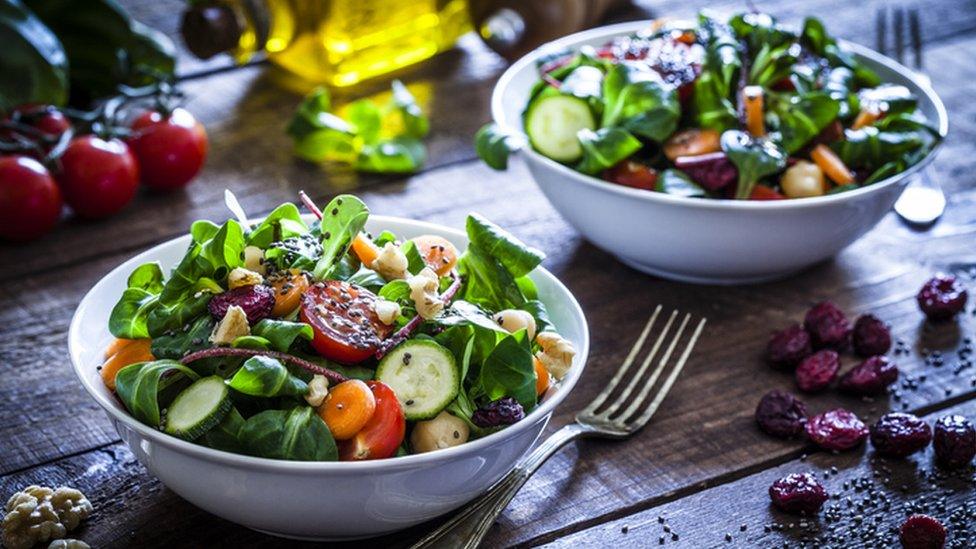
- Published1 January 2019
